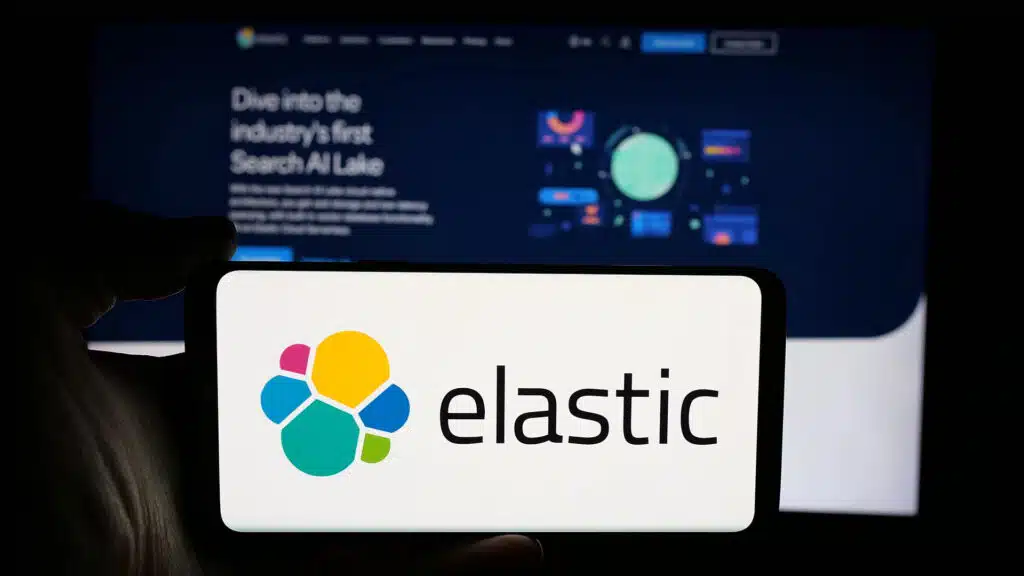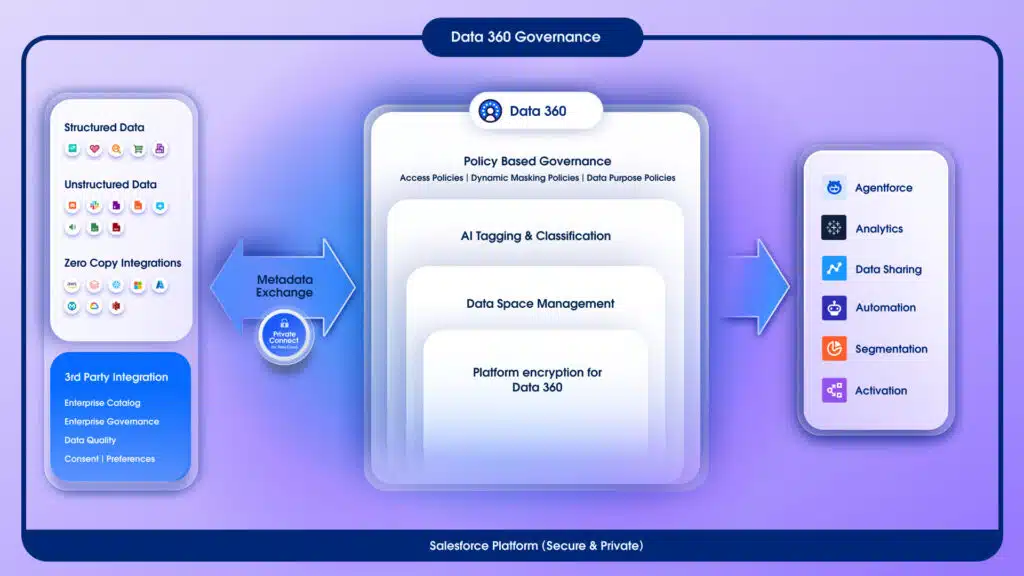The News: Cisco, joined by Accenture, Eightfold, Google, IBM, Indeed, Intel, Microsoft, and SAP, along with six advisors, announced on April 4 the launch of the AI-Enabled Information and Communication Technology (ICT) Workforce Consortium. The Consortium is focused on upskilling and reskilling roles most likely to be impacted by AI and is catalyzed by the work of the US-EU Trade and Technology Council (TTC) Talent for Growth Task Force, with the goal of exploring AI’s impact on ICT job roles, assisting workers to find and access relevant training programs, and connecting businesses to skilled and job-ready workers. You can read the release containing more details about the announcement on the Cisco website.
Cisco-Led Consortium Addressing AI’s Impact on the Workforce
Analyst Take: As AI continues to become embedded and integrated into applications and processes, the new ICT Workforce Consortium has been launched to focus on upskilling and reskilling the roles most likely to be impacted. The consortium is addressing what is likely to be a massive challenge for both employers and employees as AI continues to spread irrespective of vertical or geographic region. The Consortium will initially focus on the evaluation of the impact of AI on 56 ICT job roles and provide training recommendations for impacted jobs, which, according to Indeed Hiring Lab, account for a combined total of about 10 million ICT workers.
It is no secret that AI is rapidly changing the nature of work. And as AI is increasingly used to automate administrative tasks and repetitive processes and allow novel ways of interacting with systems and data, certain roles or functions may disappear. However, initiatives such as the ICT Workforce Consortium may play a critical role in making sure that the workers of today and tomorrow are focused on the right type of skills to remain viable in the era of AI.
Consortium Member Goals
To that end, Consortium members have established forward-thinking goals with skills development and training programs that are designed to positively impact more than 95 million individuals around the world over the next 10 years. The individual member goals include:
- Cisco to train 25 million people with cybersecurity and digital skills by 2032
- IBM to skill 30 million individuals by 2030 in digital skills, including 2 million in AI
- Intel to empower more than 30 million people with AI skills for current and future jobs by 2030
- Microsoft to train and certify 10 million people from underserved communities with in-demand digital skills for jobs and livelihood opportunities in the digital economy by 2025
- SAP to upskill two million people worldwide by 2025
- Google has recently announced EUR 25 million in funding to support AI training and skills for people across Europe
These efforts should be applauded, but like any initiatives, the end results will be measured not by the number of people trained but by how well these people are able to fulfill the requirements of the jobs of the future. I suspect there will be a few different types of sub-initiatives, focusing on general skills that can be applied to any role (such as learning how to effectively interact with generative AI systems efficiently and effectively), and specific skillset development (such as training workers on specific software platforms or tools).
Moreover, these initiatives need to be properly targeted to not just those who need to be upskilled but also people who, due to geography or financial circumstance, may not have considered technology jobs. As AI and automation removes many lower-skilled jobs, it will be imperative to ensure that people from all backgrounds have the opportunity to learn the skills to thrive in an AI-dominated era.
Other Vendors Remain Focused on Employee Upskilling and Reskilling
While the Consortium is bringing together some of the largest technology companies to address this issue, it is encouraging to see that other tech vendors are also developing educational initiatives on their own. For example, training-course vendor Udemy has expanded its marketplace to include relationships with a number of global tech companies, including Bosch Global Software Technologies (India), Compasso Tecnologia (Brazil), Deutsche Telekom (Slovakia), and Sanofi (France), among others.
Workflow platform and application vendor ServiceNow announced RiseUp with ServiceNow in October 2022, its skills-based technology education offering designed to help individuals advance their skills and proficiency with ServiceNow’s platform. As of May 2023, RiseUp with ServiceNow has reached 400,000 individuals, 380,000 completed courses, and 41 new academic and placement partnerships. The program also focuses on expanding opportunities for tech talent with peer-to-peer networking opportunities, forums, and virtual events.
Similarly, customer engagement platform company Zoho has taken a number of steps designed to address worker upskilling and reskilling. In 2005, the company launched Zoho Schools (Zoho School of Technology, Zoho School of Design, and Zoho School of Business) with the aim of closing the gap between what schools teach and what is needed on the job. This program paid the students a stipend while they learned and provided them with a one-year internship at Zoho to hone the skills taught. Another example, the Marupadi “second chance” program, is a career-relaunch boot camp exclusively for women, with no age limit, and designed to bring women back into the tech workforce.
Perhaps most important, the company has undertaken a strategy of what it calls transnational localism, which started as a rural revival program in India, and has expanded to include small cities and communities throughout the world. To date, Zoho has 25+ rural and small municipality offices that contribute to their local communities through education, jobs, and local tradition and culture preservation.
Disclosure: The Futurum Group is a research and advisory firm that engages or has engaged in research, analysis, and advisory services with many technology companies, including those mentioned in this article. The author does not hold any equity positions with any company mentioned in this article.
Analysis and opinions expressed herein are specific to the analyst individually and data and other information that might have been provided for validation, not those of The Futurum Group as a whole.
Other Insights from The Futurum Group:
Challenging the Negative Narrative of the Mainframe Skills Landscape
ServiceNow Addressing Upskilling Needs with RiseUp with ServiceNow
GSMA and IBM Pair Up to Elevate Telco AI Skills
Author Information
Keith Kirkpatrick is VP & Research Director, Enterprise Software & Digital Workflows for The Futurum Group. Keith has over 25 years of experience in research, marketing, and consulting-based fields.
He has authored in-depth reports and market forecast studies covering artificial intelligence, biometrics, data analytics, robotics, high performance computing, and quantum computing, with a specific focus on the use of these technologies within large enterprise organizations and SMBs. He has also established strong working relationships with the international technology vendor community and is a frequent speaker at industry conferences and events.
In his career as a financial and technology journalist he has written for national and trade publications, including BusinessWeek, CNBC.com, Investment Dealers’ Digest, The Red Herring, The Communications of the ACM, and Mobile Computing & Communications, among others.
He is a member of the Association of Independent Information Professionals (AIIP).
Keith holds dual Bachelor of Arts degrees in Magazine Journalism and Sociology from Syracuse University.







